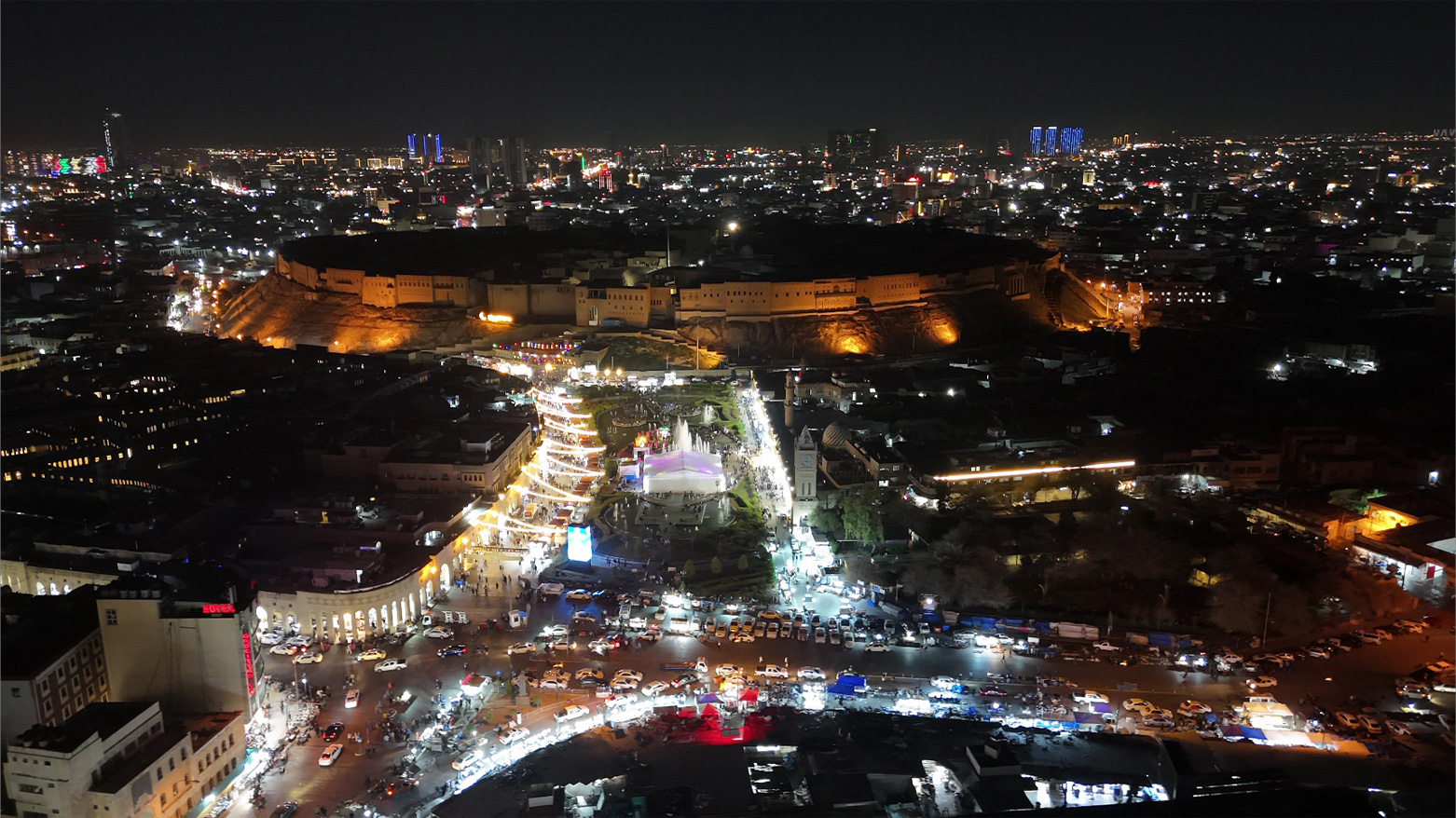Runaki Revolution: KRG Cabinet to Address Pricing
“The Runaki project is about more than just electricity—it’s about improving lives. It aims to provide a cleaner, more reliable, and more affordable alternative to outdated power solutions,” one source told Kurdistan24.

By Kamaran Aziz
ERBIL (Kurdistan24) – The Kurdistan Regional Government (KRG) Council of Ministers is set to hold a pivotal meeting this week, with discussions on the Runaki (Light) electricity project—widely viewed as a transformative energy initiative—taking center stage. As the government pushes ahead with its plan to deliver uninterrupted 24-hour power across the Region, public debate over the project’s pricing model has sparked calls for greater affordability.
The Runaki project, which has already been rolled out across dozens of neighborhoods in Erbil, Sulaimani, Duhok, and Halabja, is a cornerstone of the KRG’s long-term energy vision.
Designed to replace the Region’s dependence on the national grid and heavily polluting private diesel generators, Runaki represents a leap toward cleaner, more sustainable, and equitable energy access.
While a segment of the population has voiced concerns over electricity rates—particularly low-income families—the project has largely been welcomed as a bold and necessary investment in the Region’s infrastructure.
Sources close to Kurdistan24 confirmed that the upcoming cabinet session, chaired by Prime Minister Masrour Barzani and attended by Deputy Prime Minister Qubad Talabani, will address these concerns directly.
A technical team from the KRG Ministry of Electricity has submitted a proposal recommending adjustments to the electricity rates in response to public feedback. “The ministry’s proposal aligns with the public’s demands. If approved, it would benefit everyone,” one official said.
Dismissing claims that the project is being used as a profit-generating mechanism, officials emphasized the KRG’s overarching goals.
“The Runaki project is about more than just electricity—it’s about improving lives. It aims to provide a cleaner, more reliable, and more affordable alternative to outdated power solutions,” one source stated. Notably, nearly 600 private diesel generators have already been decommissioned thanks to the rollout.
The initiative is already making a tangible difference. Runaki currently supplies reliable electricity to around 415,000 residents in 35 neighborhoods—including 26 in Erbil, 7 in Sulaimani, and 2 in Duhok. Key areas such as Ankawa, Tayrawa, Salahaddin, and Newroz in Erbil; Ibrahim Pasha and Sabunkaran in Sulaimani; and Baroshke and Sarhaldan in Duhok are among the beneficiaries. Plans to expand the project to more areas are underway.
Proponents of the project underscore its multifaceted benefits. In addition to offering 24-hour electricity, Runaki helps alleviate pressure on the national grid, reduces harmful emissions, and delivers power based on international pricing models adjusted for income levels.
Provisions for vulnerable and low-income households are a key feature, reflecting the KRG’s commitment to social equity.
Beyond its environmental and social benefits, the project also promotes energy efficiency and safety. By reducing reliance on unsafe and inefficient private generators, Runaki lowers fire risks and extends the lifespan of household appliances—an improvement with direct impact on daily life.
While criticisms over cost have emerged, the broader public discussion highlights a shared desire for progress that balances affordability with sustainability. The KRG cabinet’s decision on the proposed rate revisions is widely anticipated and will be instrumental in shaping the next phase of what many consider one of Kurdistan’s most forward-looking infrastructure projects.
As anticipation builds, the message from the government is clear: Runaki is not just a response to an energy crisis—it’s a blueprint for a cleaner, fairer, and more connected future.
